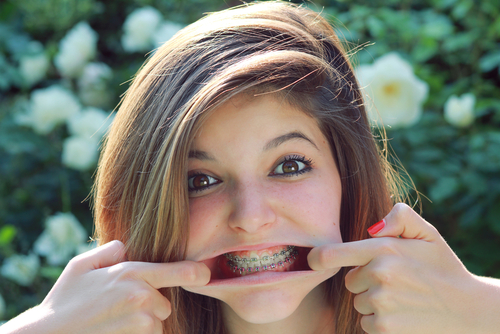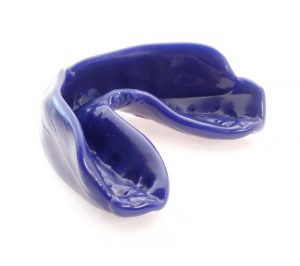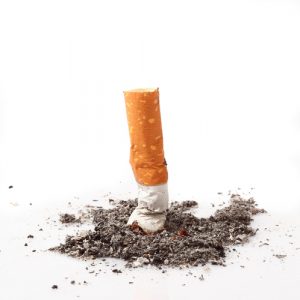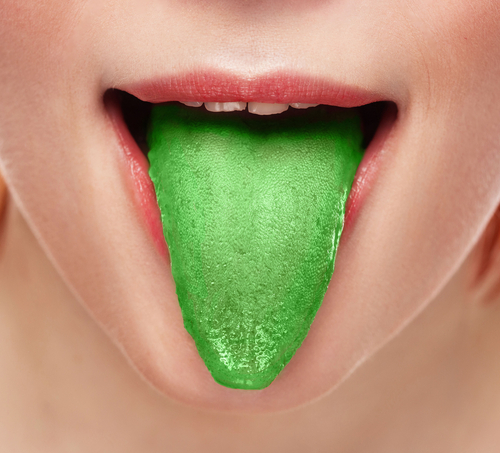Teenage Dental
TEENAGERS WILL BE TEENAGERS
Teenagers come with a whole new set of parenting concerns, they are typically moody, don’t want to talk, shut themselves in their room and slowly become independent. They start to need you and your advice less. In regards to this there are a few things to consider regarding Teenager's Dental needs…
THE IMPORTANCE OF LOOKING AFTER THEIR TEETH DURING THIS STAGE CAN'T BE UNDERESTIMATED
Many kids today will enter their teenage years with no tooth decay or fillings. This is due to water fluoridation, fluoride toothpastes and a better awareness of dental health. However this can, for many kids, produce a false sense of security and a feeling of being invincible. Making them believe that their perfect dental health record will continue without any effort.
Unfortunately, dental problems can occur in the teenage years quite quickly. An important thing to remember is, they now have all their permanent adult teeth, that must be maintained for the rest of their life.
TEENAGE DENTAL CARE & ORAL HYGIENE
The teenage years are the best time to lay the foundations of excellent oral hygiene and dental care for the rest of their life. Obviously, brushing flossing and dental visits are the most important parts to this routine. But …as Teenagers will be Teenagers, there are a few areas of particular concern that also need to be highlighted;
NUTRITION
Kids often eat on the go and frequent snacking is quite common, as we all lead busy lives these days. Because of this a healthy well balanced diet is fundamental not only to their general health, but also their dental health.
To achieve this it is best to avoid sugary or starchy foods in between meals. in addition to this, sports drinks are becoming particularly popular now but their use needs to be controlled. They are acidic and can cause an increase in tooth decay and sensitivity. If anyone is to have one of these drinks, it is better to drink the whole thing quickly rather than sipping over a long period of time.
ORTHODONTICS
With the full eruption of all the permanent teeth, you will now know whether orthodontic treatment will be necessary or not. Having straight teeth should not be thought of as a purely aesthetic or a cosmetic concern, but also as a functional concern.
INCORRECTLY PLACED TEETH OR JAWS CAN CAUSE MANY PROBLEMS
The primary problem is that crooked teeth are much harder to keep clean and therefore are at an increased risk of tooth decay and gum disease. Jaw problems can cause headaches and create pain in jaw muscles. At Vermont south dental we can assess your situation for orthodontic treatment.
MOUTH GUARDS
Many teenagers are playing sport and the use of a mouth guard is vitally important to protect not only their teeth but lips. Any sport where there is a risk of contact to the mouth, be it by a ball or physical contact with another person, requires the use of a mouth guard. Only a mouth guard that has been professionally made to fit your mouth will provide the maximum protection available. A mouth guard can also lessen the risk of concussion should you receive a heavy knock to the head.
SMOKING
Unfortunately, it is during this time that many adolescents may begin to smoke. Obviously the best advice is not to start in the first place. As smoking will lead to stained and yellow teeth and cause bad breath. Long-term use has been shown to increase the effect of gum disease and also lead to an increased risk of not only lung cancer but also oral and stomach cancers.
EATING DISORDERS
Teenagers are at an increased risk of developing eating disorders, particularly anorexia and bulimia. The reason teeth are at risk is due to vomiting. When a person vomits they bring up stomach acids, which can severely damage the teeth by eroding away the tooth enamel. A visit to the dentist is important to help minimize the effect of the stomach acids on teeth. A dentist can’t treat the actual disorder, but may recommend the use of fluoride rinses and special toothpastes to help lessen the damage to the teeth.
- Don’t brush your teeth immediately after vomiting. While the teeth are covered in stomach acids, the vigorous action of the toothbrush may scratch the tooth enamel.
- Rinse your mouth thoroughly with plain tap water.
- Follow up with a fluoridated mouthwash.
- If you don’t have a fluoridated mouthwash, put a dab of fluoride toothpaste on your finger and smear it over your teeth. Rinse thoroughly with water.
- Brush your teeth at least an hour after vomiting.
TEENAGERS AND PIERCINGS TONGUE & LIP PIERCING
While tongue piercings have become one of the most popular options to express ones individuality, they are often wrought with difficulties. Despite the seemingly simple nature of a tongue piercing, there are high risks of infection with any piercing procedures. Therefore, it goes without saying that you should ensure that instruments used have been properly sterilized beforehand to avoid the risk of Hepatitis B and C, tetanus or HIV
- THE BIGGEST TIP WE CAN GIVE YOU IS
THE BIGGEST TIP WE CAN GIVE YOU IS
-DON’T DO IT!-
But, if you do, please consider……..
THE HEALING PROCESS
Whilst getting the piercing may only take a few minutes, your piercing will take at least 4 WEEKS TO HEAL, assuming of course, there is no infection. If there is, it will be painful for a great deal longer.
During the healing period DO NOT SMOKE & DO NOT USE A MOUTH WASH. The tar and toxins in cigarette smoke are detrimental for the healing of your piercing and Listerine or similar mouth washes can actually burn your tongue flesh.

BEFORE MAKING A DECISION TALK TO YOUR DENTIST
Especially if you have an oral history of inflamed gums or bad teeth, please tell your dentist about your intentions.
BAD BREATH
When they wake up , its common for children to have ‘BAD BREATH’ (also called Halitosis) This usually goes away after your child has something to eat and drink and cleans their teeth. This sort of bad breath isn’t anything to worry about.
Causes of bad breath in children and teenagers can include:
- Mouth or Throat infections
- Blocked nose
- Sinusitis
Other causes of bad breath in teenager might also include:
- Extreme diets (for example, a high-protein diet), illnesses like Anorexia nervosa or Bulimia
- Poor dental hygiene (particularly if your teenager wears braces or other orthodontic devices)
- Gum disease (gingivitis)
- Tooth decay or abscesses.
On Occasion, medical problems might make a child’s breath smell bad or unusual. You should take your child to the GP or Dentist if you’re worried, or if your child’s bad breath doesn’t go away after trying the treatment strategies below.
TREATMENT FOR BAD BREATH
- Good dental hygiene is the best way to prevent bad breath.
- Your child should brush their teeth and tongue twice a day, as well as floss every day. They could also try using an antibacterial mouthwash.
- Make sure your child drinks plenty of water and cuts down on sugary and caffeinated drinks such as coke and coffee.
- Do not use sugary mints or sugary gum to freshen your breath as these can cause decay if used frequently.
- If an infection is causing your child’s bad breath, they may need antibiotics. Speak to your GP if you think this could be the problem.
IF YOUR CHILD HAS BAD BREATH, THE 1ST STEP IS TO WORK OUT WHAT'S CAUSING IT
Treating the cause will usually sort it out. Bad breath, or halitosis, USUALLY isn’t anything to worry about.










